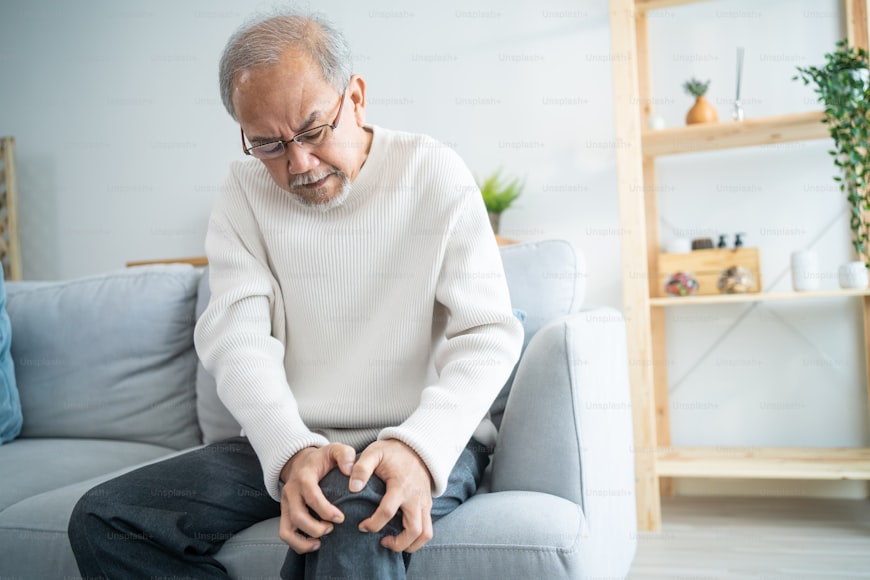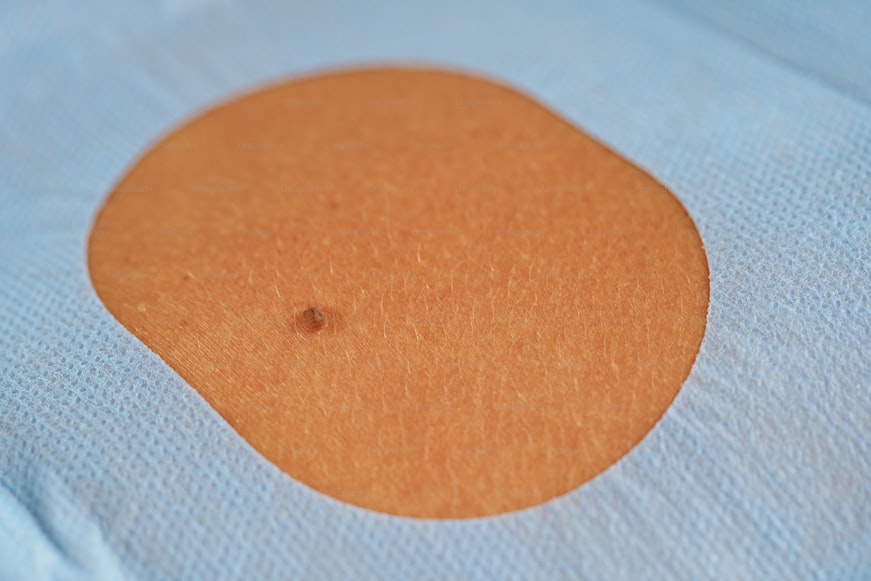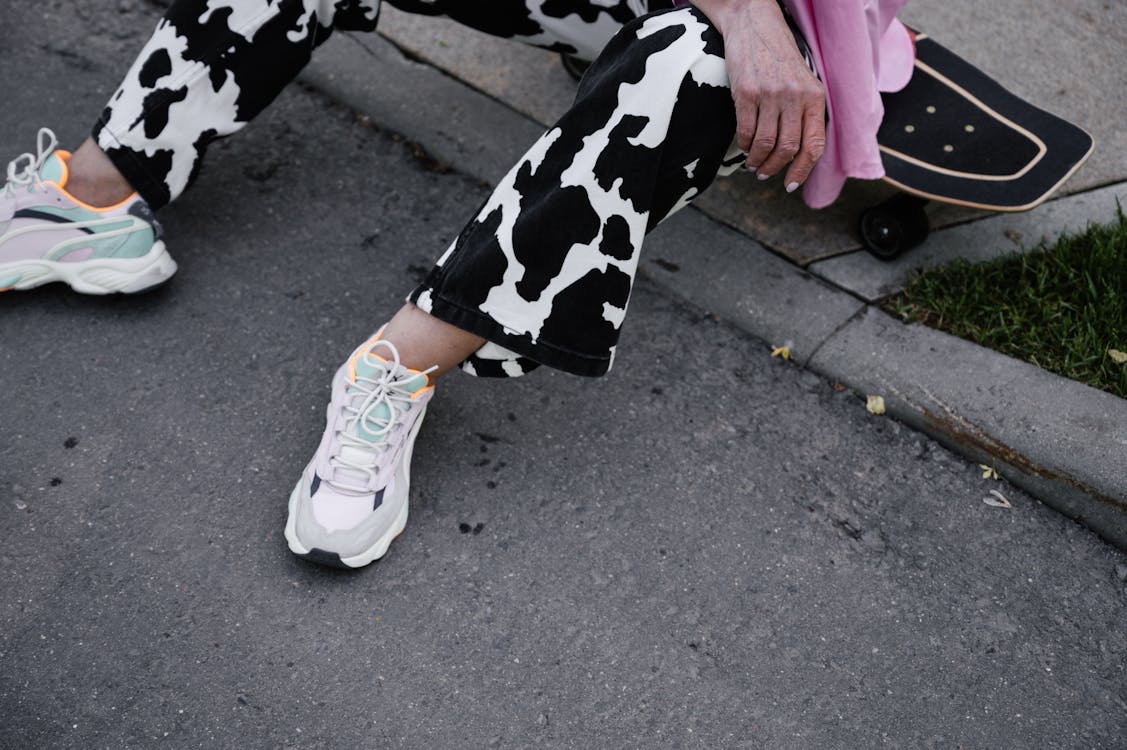
Fluid retention and poor blood circulation, among other causes, cause many older people to have swollen legs, ankles, or feet, but adopting these habits will prevent or reduce swelling.
Causes of leg swelling in older people
The sensation of tingling, heaviness, and tiredness in the legs are alterations that are associated with swelling of the legs, a common problem among older adults. The main reason for this disorder is that blood circulation does not flow as it should in the lower extremities, which causes blood to accumulate in this area of the body. In turn, fluid retention also favors this swelling.
Blood circulates through the blood vessels throughout the body. In certain parts of the body, where the force of gravity makes it difficult for blood to return, it is the valves inside the veins that are responsible for pushing the blood upwards so that the blood flow continues on its way. However, certain causes cause this system to fail or not work as it should in old age, which causes blood to circulate more slowly and stagnate in the lower extremities, which is what is known as venous insufficiency.
In turn, the lymphatic system may also fail at a certain age, causing fluid retention, which accumulates in the legs and abdominal area.
When one or both of these problems arise, it is when these effects are seen and felt in older people:
- Swelling in ankles, knees, and calves, especially late in the day
- The sensation of heaviness and tiredness in the legs
- Tingling, itching, and leg cramps
- Red legs and warm to the touch
- Appearance of varicose veins
Why do older people have swollen legs
This problem is common among older people because it brings together some of the causes of leg swelling:
- Old age itself favors venous insufficiency
- Being overweight
- Spending a lot of time sitting down
- Taking certain medications such as some that are used to regulate blood pressure and antidepressants
- Hormonal changes in women during menopause
- Having a liver, heart, or kidney problem. In this case, the swelling may be caused by a major problem that must be treated.
- Constipation and inadequate nutrition, rich in salt and fatty products
10 habits to prevent swollen legs in the elderly people
Some of the causes that cause older people’s legs to swell cannot be avoided, such as one’s own age or sitting for long periods of time if they have mobility problems. However, a series of healthy habits can be adopted that will reduce the effects of such a situation:
- Avoid direct heat on the legs, such as from stoves
- Wear comfortable, loose-fitting clothes that don’t fit, so avoid socks that fit at the ankle or pants that tighten the abdominal area
- If it is unavoidable to remain seated for a long time, place your legs high
- Sleep resting your feet on a cushion, so that they are higher than the rest of your body
- Use footrests that allow the feet to move while we are sitting when it is not possible to put the feet high
- While sitting, move your toes and ankles from time to time
- Shower with warm water, and end up with a colder jet of water than usual, starting at the ankle and ending at the thigh. Repeat this several times
- Wear comfortable shoes, avoiding high heels, but also totally flat shoes
- Do not cross your legs
- Finish the day by massaging the legs, if possible with a cold gel, starting with the ankles and ending in the groin area, exerting a slight pressure to promote blood return
If, in spite of following this advice in your daily life, your problem of swollen legs continues, do not hesitate to consult your family doctor or physiotherapist to look for other solutions.








